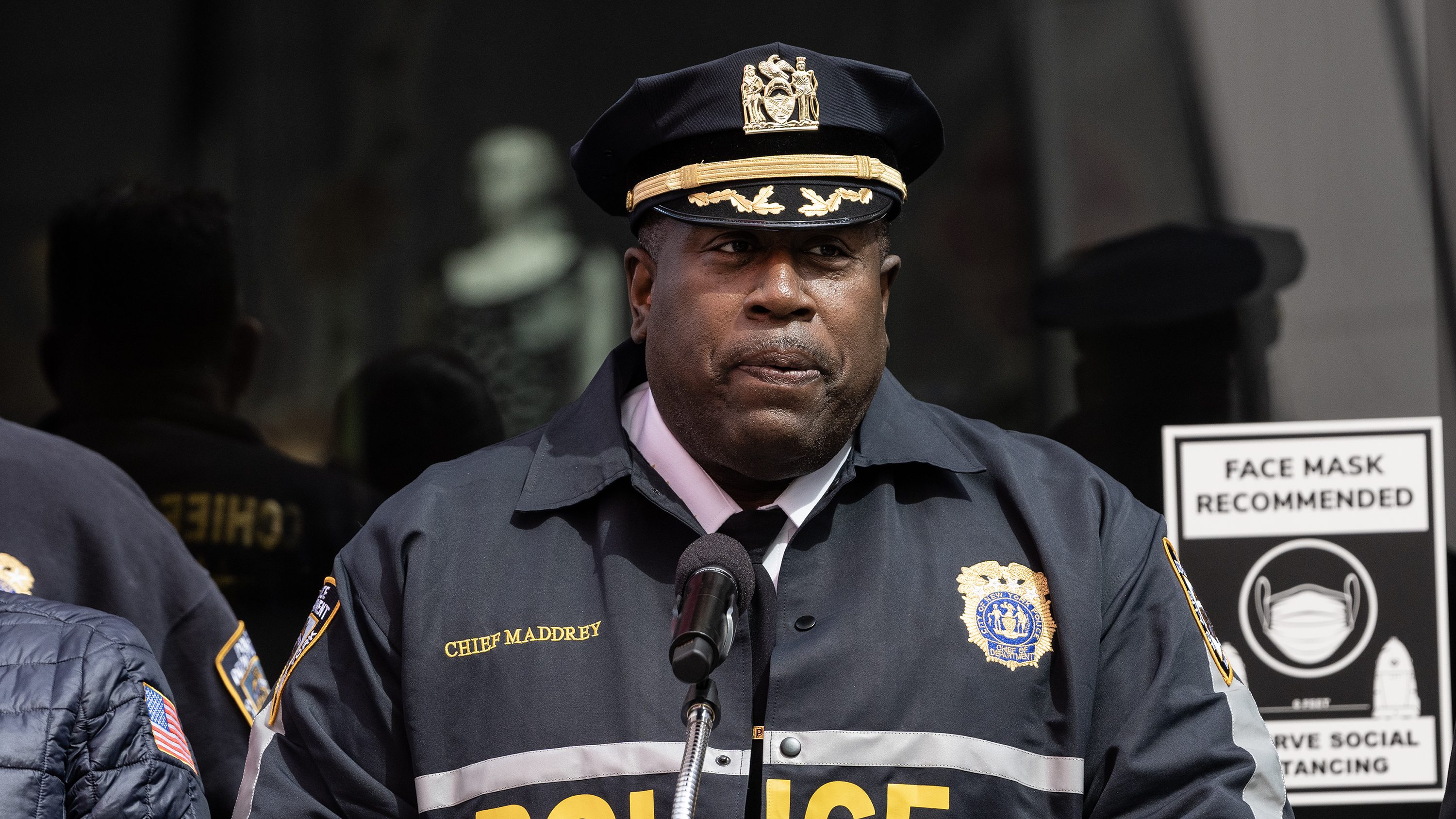Overdose deaths from heroin and other opiates are on track to increase by 50 percent this year on Staten Island, and the borough's new district attorney told NBC 4 New York there aren't enough resources to combat the frightening trend.
Staten Island DA Michael McMahon said at least 48 people have died from overdoses on the island so far in 2016, while another 16 people have been saved by the overdose antidote Narcan.
McMahon said the spike has left his office overburdened, and that Mayor Bill de Blasio and City Council haven't responded to his request for roughly $1 million in new funding for a program that would send addicts to treatment immediately after their first drug arrest.
"It's an emergency," he said. "We need help now."
McMahon said he wants the new money to implement a program that would send first-time offenders straight to rehab within a couple of days of an arrest. The approach would sidestep criminal justice process and the city's current treatment court system, which can be so arduous some addicts choose jail instead. He outlined the program Monday before City Council.
"We need to have the power of the hammer to say, 'Hey, look, take treatment, save your life, or you're going to have to go to jail,'" he said.
De Blasio's office said the city has already allocated $5.5 million in next year's budget to combat the drug problem on Staten Island. Among the mayor's goals: money for drug education in schools and funds to stock local pharmacies with a medicine that can reverse overdoses.
Local
"This has become a huge problem," he said. "It's going to take more and more innovation, more and more investment to get ahead of it."
At the city council hearing on Monday, however, City Councilwoman Vanessa Gibson said she was "extremely disappointed" that the city didn't include extra funding for McMahon and the city's four other district attorneys.
"It is irresponsible not to include funding for our city's prosecutors," she said.
McMahon said that innovation could come in the form of very early intervention. His office, along with the help of the NYPD, began treating every overdose death like a crime scene in February. The approach allowed investigators to collect data and examine cellphone calls that could lead to dealers with lethal batches of the drug.
The measure revealed that many addicts were dying while their families search in vain for treatment. McMahon said that it revealed that a drug possession arrest was a lifesaving opportunity to get help.
"Those who get caught selling drugs for profit will continue to be prosecuted to the full extent of the law," he said. "But for those with an addiction, what we want to do is give them the opportunity to choose treatment as the penalty of their crime of possessing narcotics."
McMahon said he suspects that there could be even more overdose deaths than the 48 his office has recorded because some may have gone reported. In 2014, the last full year the city Department of Health has figures for, there were 74 deaths from overdoses on Staten Island.
And with 1,000 drug arrests each year, McMahon said his office also needs more attorneys to handle the caseload.
"I need more assistant district attorneys in this office because we're shorthanded, and my narcotics ADAs have 200, 250 cases," he said.
Staten Island Borough President James Oddo said the crisis the borough faces isn't an "over-there problem."
"It used to be a junkie problem," Oddo said. "Now it's Joe's brother, Mary's cousin, my nephew."
Artie Masinski, a retired NYPD detective whose daughter was one credit away from a master's degree in teaching when she died from an overdose at 33, said anything is worth a shot.
"You're not invincible, no matter where you work, how much money you have," he said.
He cried as he added, "She couldn't get it out of her system."
Masinki said addiction didn't stop with his daughter; he's now trying to save his son from the same fate.
"He got in a car accident, then they gave him Percocets," he said. "Then it started from there."
He added, "We cry, cry, cry. Every day, we cry."



